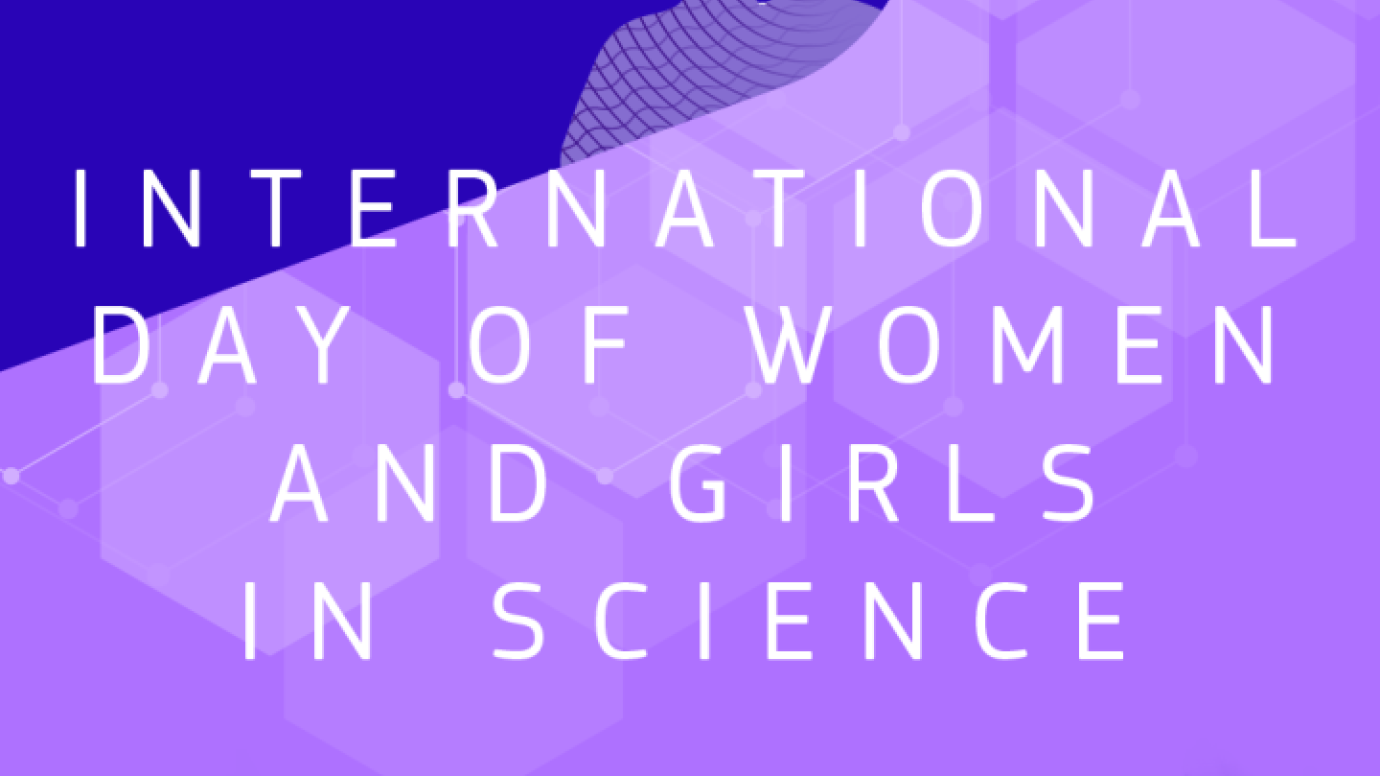Celebrating the International Day of Women & Girls in Science 2025
The Marie Skłodowska-Curie Actions (MSCA), the European Union’s reference programme for doctoral education and postdoctoral training, plays a vital role in supporting Europe’s progress towards gender equality in research and innovation.

Making progress on gender equality
Gender equality is a cornerstone of the European Commission’s agenda and a core European value. Achieving gender equality and diversity benefits society, the economy and the research and innovation performance, but above all it is a matter of justice.
The EU has made progress over the past decades: nowadays women represent 48% of all its PhD graduates. However, despite a steady improvement, only 34% of researchers are women, at EU level.
According to the latest SheFigures 2024 Report, women outnumber men in completing bachelor’s studies across all fields, including Science, Technology, Engineering, and Mathematics (STEM), but their representation drops along the educational and professional career ladder. Although women constitute 48% of doctoral graduates, their presence varies drastically by discipline in the EU: over 67% in education but a mere 22% in ICT, a field critical for driving productivity growth and already facing acute skill shortages.
Since 2018, the proportion of women in doctoral programmes has declined in 6 out of 8 STEM fields, reflecting a concerning move away from gender equality. These trends are deepening the existing skills gap in innovation-driven sectors, with nearly 60% of EU businesses already struggling to recruit qualified ICT specialists, according to the latest report on the future of European competitiveness. This gap is becoming even more pronounced as the demand for highly skilled workers in technical and STEM roles is expected to increase.
Horizon Europe, the EU’s programme for research and innovation, promotes the creation of gender-equal working environments and the integration of the gender dimension into all research and innovation content.
Supporting women through the MSCA
The Marie Skłodowska-Curie Actions (MSCA) programme plays a vital role in supporting Europe’s progress towards gender equality in research and innovation.
With 44% female researchers in the programme, the MSCA show remarkable results in supporting women in research and contribute to achieving full and equal access of women and girls to science.
The programme supports researchers of all nationalities, in all research areas, at all stages of their careers to participate in excellent research projects.
The MSCA address the gender pay gap by providing an equal pay for all fellows and include work-life balance provisions that encourage in particular women to apply.
In addition, gender and equal training and career development opportunities are key aspects when selecting the research teams and doctoral and postdoctoral programmes that will recruit and train the innovators and research leaders of tomorrow.
Promoting role models and celebrating talent
MSCA supervisors, coordinators and fellows are strong role models for girls and inspire women all over the world to opt for a research career in STEAM.
Through science engagement initiatives such as the European Researchers’ Night and Researchers at Schools, the MSCA foster the exchange between researchers and pupils and stimulate the interest of children, youngsters and in particular girls and women in STEAM topics.
Today, on the International Day of Women and Girls in Science 2025, the MSCA celebrate the talent and diversity of its researchers, innovators, trailblazers, creators, and visionaries.
Read the interviews below with 5 inspiring MSCA fellows. They talk about their research, their career paths, and how the MSCA have supported them.
Last updated:


